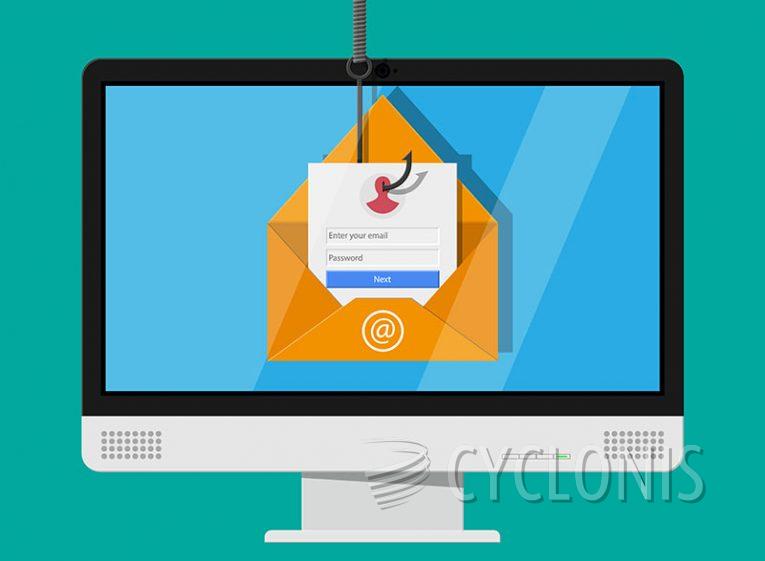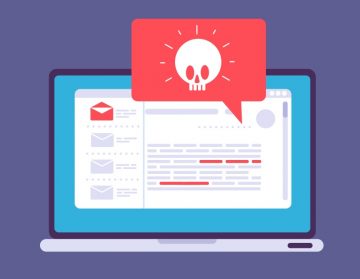'Email Routine Check' Scam

Upon assessing the "Email Routine Check," we have determined that it constitutes a phishing email. This deceptive message falsely asserts that the recipient's email account employs outdated security settings, thereby urging them to update these settings to prevent service disruptions.
The primary objective of this spam email is to deceive recipients into divulging their email account login credentials by leading them to a phishing website that mimics the legitimate sign-in page of their email service provider.
The subject line of this spam email, which may vary, typically reads "[recipient's_email_address] Email Routine Check" and falsely claims that the email account is undergoing routine maintenance. Allegedly, the account's security settings for incoming and outgoing messages are outdated, and recipients are urged to confirm their email activity within a 48-hour timeframe. Failure to complete this confirmation or update, the email warns, may result in disruptions in sending and receiving emails.
It is imperative to emphasize that all the information presented in this email is entirely fabricated, and it has no affiliation with any legitimate service providers.
When we clicked the "Confirm Upgrade" button within the email, it led to a redirect to a phishing website designed to replicate the recipient's email sign-in page. Any information provided on such phishing websites, including account passwords, is captured and transmitted to malicious actors. Consequently, individuals deceived into taking this action may find themselves at risk of losing access to their email accounts.
Furthermore, cybercriminals may exploit the compromised email accounts to manipulate the content sent via email. To illustrate potential misuses, scammers can assume the identities of social account owners and seek loans or donations from their contacts, promote fraudulent schemes, or distribute malware by sharing malicious files or links.
Financial accounts linked to the compromised email, for example online banking, money transfers, e-commerce, cryptocurrency wallets, can be exploited for unauthorized transactions or online purchases.
What Are the Top Signs that an Email is a Scam?
Recognizing a scam email is crucial for protecting yourself from various online threats, including phishing, fraud, and malware. Here are the top signs that an email may be a scam:
Generic Greetings: Scam emails often use generic or impersonal greetings like "Dear Customer" or "Hello User" instead of addressing you by name. Legitimate organizations typically personalize their messages.
Email Address: Check the sender's email address carefully. Scammers often use email addresses that resemble those of legitimate companies but have slight variations or misspelled names.
Urgent Language: Scam emails frequently create a sense of urgency, pressuring you to take immediate action. Be cautious if the email insists that you must act quickly or face dire consequences.
Spelling and Grammar Errors: Poor spelling and grammar are common in scam emails. Legitimate organizations typically proofread their communications for errors.
Unsolicited Attachments or Links: Be wary of unsolicited attachments or links in emails, especially if you didn't expect to receive them. These could contain malware or lead to phishing websites.
Requests for Personal Information: Scammers may ask for sensitive information such as your Social Security number, bank account details, or login credentials. Legitimate organizations usually do not request this information via email.
Too Good to Be True: If an email promises you large sums of money, lottery winnings, or other incredible offers without any prior engagement, it's likely a scam.
Misspelled Company Names: Scammers may slightly alter the names of well-known companies or banks to deceive recipients. Double-check the legitimacy of the sender.








